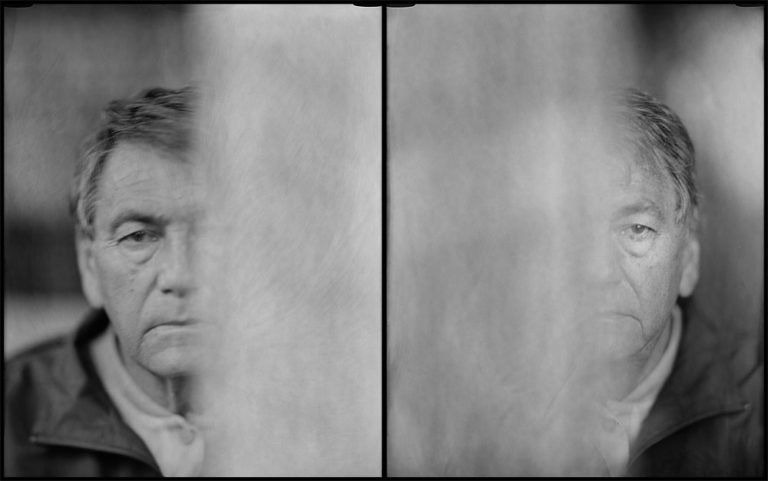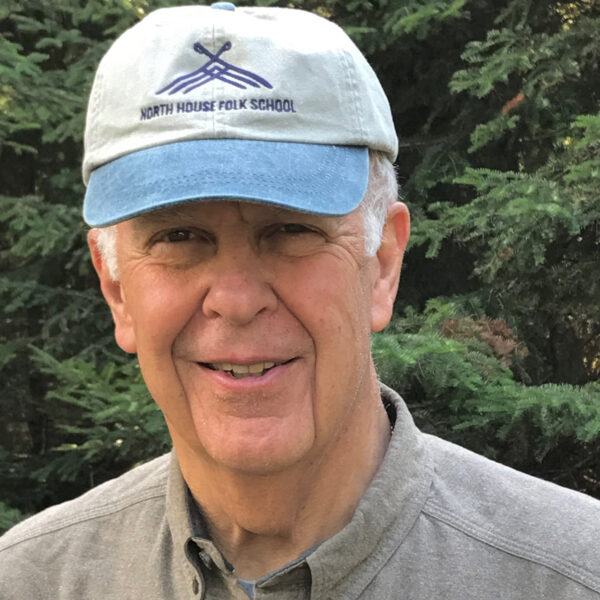
Image by Balazs Sprenc/Flickr, Attribution-NonCommercial-NoDerivs.
Lincoln’s Inner Reconciliation
While writing Healing the Heart of Democracy, I had a chance to learn more about Lincoln. From age 20 onward, he suffered from depression — and my own experience of that darkness made it easy for me to identify with that part of his life.
Today, a diagnosis of depression would probably disqualify a person for public office. But Lincoln transformed his dark journey into a resource for national leadership at a time of deadly crisis.
He survived and thrived by embracing both the shadow and the light within himself, integrating them instead of letting them war with each other. That hard-won inner capacity for reconciliation made him the president we needed to hold the Union together.
As part of his self-therapy, Lincoln read and wrote poetry. The poem below is neither great poetry nor a feel-good piece. But it’s an important poem, and not only because Lincoln wrote it. It shows how poetry can be a source of healing, allowing us to walk into difficult emotions and emerge whole on the other side.
Years ago, on an Outward Bound program, at a moment when I felt in danger, I learned an Outward Bound motto that has often come in handy:
“If you can’t get out of it, get into it!”
Since life itself is like one big Outward Bound trek, that counsel applies to a lot of things!
My Childhood Home I See Again
by Abraham LincolnMy childhood home I see again,
And sadden with the view;
And still, as memory crowds my brain,
There’s pleasure in it too.O Memory! thou midway world
‘Twixt earth and paradise,
Where things decayed and loved ones lost
In dreamy shadows rise,And, freed from all that’s earthly vile,
Seem hallowed, pure, and bright,
Like scenes in some enchanted isle
All bathed in liquid light.As dusky mountains please the eye
When twilight chases day;
As bugle-notes that, passing by,
In distance die away;As leaving some grand waterfall,
We, lingering, list its roar—
So memory will hallow all
We’ve known, but know no more.Near twenty years have passed away
Since here I bid farewell
To woods and fields, and scenes of play,
And playmates loved so well.Where many were, but few remain
Of old familiar things;
But seeing them, to mind again
The lost and absent brings.The friends I left that parting day,
How changed, as time has sped!
Young childhood grown, strong manhood gray,
And half of all are dead.I hear the loved survivors tell
How nought from death could save,
Till every sound appears a knell,
And every spot a grave.I range the fields with pensive tread,
And pace the hallow rooms,
And feel (companion of the dead)
I’m living in the tombs.

